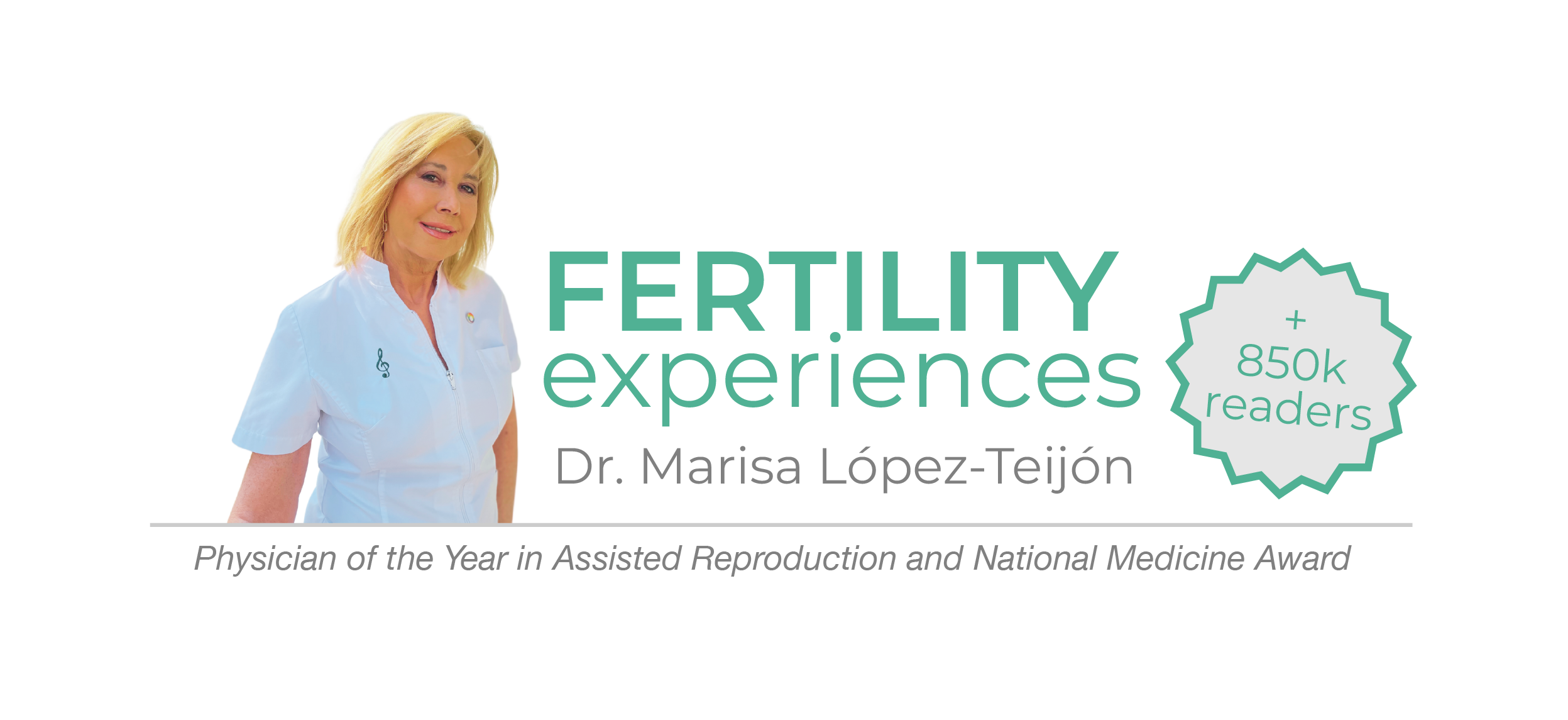The International Women’s Day was established in favour of equality, justice, peace and the development of women. Our laboratories have gone purple in order to claim for one of the main achievements of feminism: “Being a mother is a right, not a duty”.
Years ago, a woman might have wanted to be a mother because it was considered her only role. Nowadays, in advanced societies, they choose to become or not mothers and they get to decide how and when. 
Specialists in assisted reproduction are facing new patient profiles that are a reflection of the changes in our society.
More and more women believe that they no longer need a man at their side to have a complete and fulfilling life and they consider single motherhood. Some patients ask for a treatment with a sperm donor because they have not met the ideal man with whom becoming mothers. Others prefer to freeze their eggs because they want to wait for the right moment to be mothers and they do not want to feel the pressure every birthday thinking that their eggs are getting old. In addition, lesbian couples come to our centre to decide who carries the pregnancy to term and who provides the oocytes, so that the baby can legally belong to both of them.
Assisted reproduction techniques are helping women to become mothers in all these situations.
At our centre, Institut Marquès, over the past four years the number of women without a male partner who resort to assisted reproduction techniques have multiplied by four.
The trend of nowadays women is to have few children and to delay increasingly the age of having them. First, they study and then they start working; they want a responsible motherhood and, before having children, they wish to have economic and labour stability. This is often not compatible with having many children or having them very early.
They know what an important effort goes into working outside and at home, taking care of the children and the partner and, in many cases, depending on their age, also taking care of their elders.
We have to bear in mind that delayed maternity has risks because the body decreases its ability to adapt to the changes that a pregnancy brings with it, and the possibility of infertility because of ovarian aging. However, encouraging women to have children at a younger age is an ineffective speech, given the economic conditions, and obsolete because it is incompatible with professional qualification for work.
The reality of delayed maternity and the decline in fertility rates are part of a social trend in developed countries.
Do you think that it is temporary or that it will increase?

Leave a comment